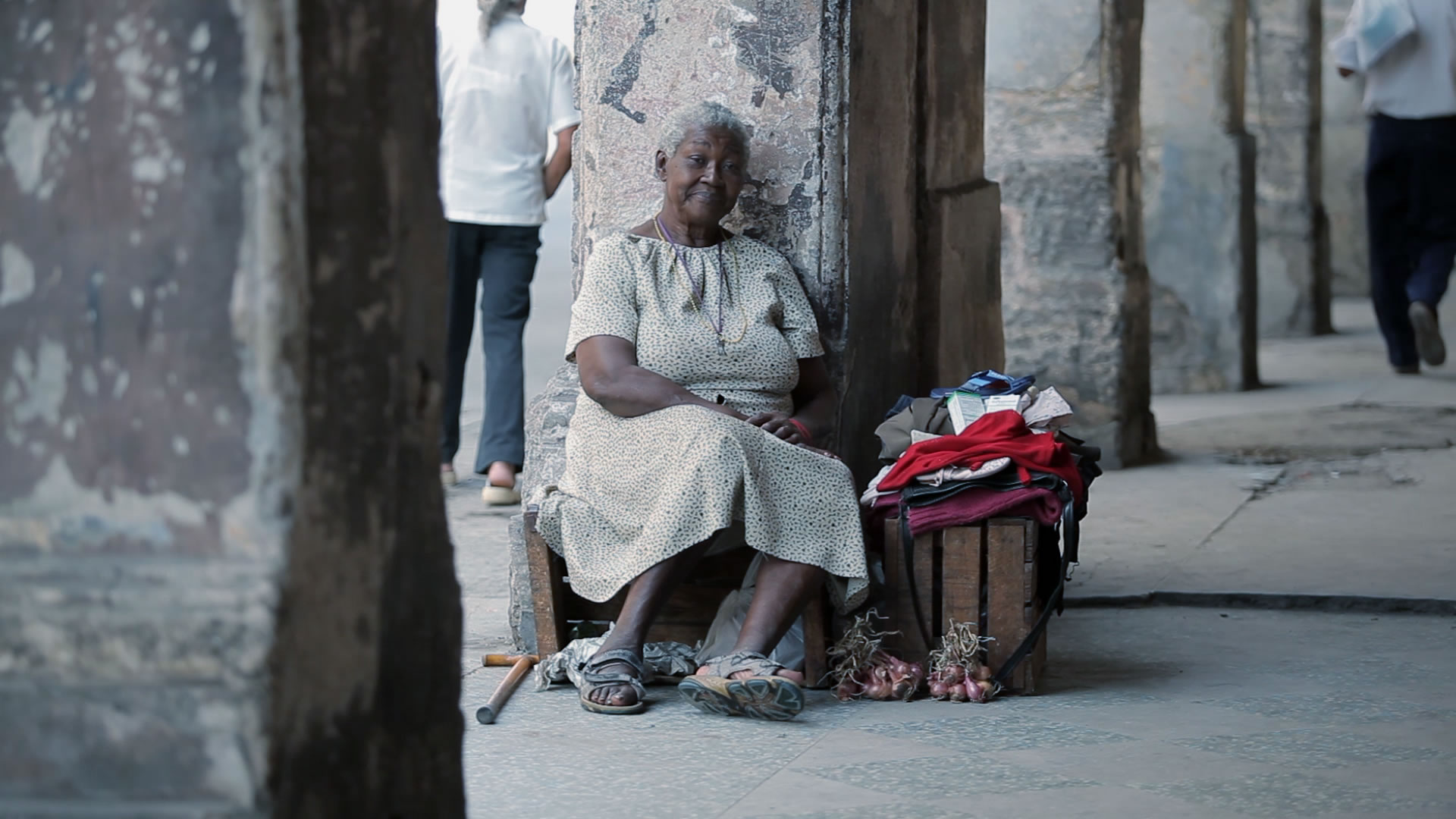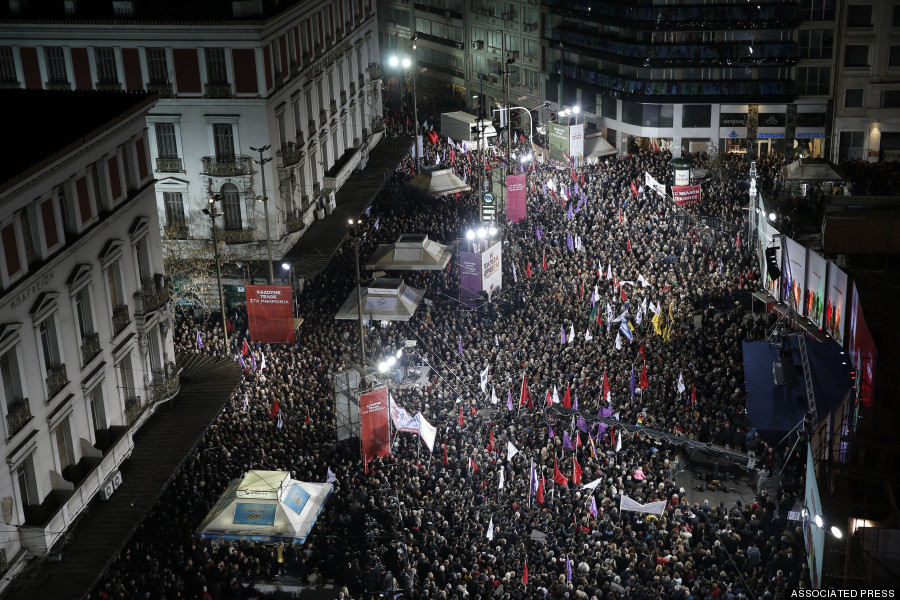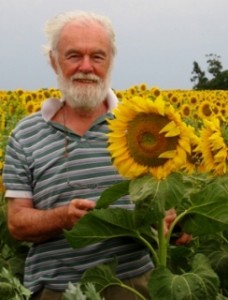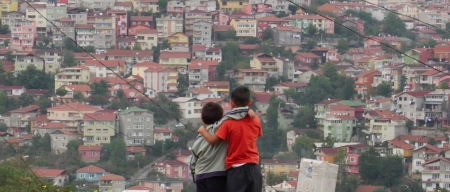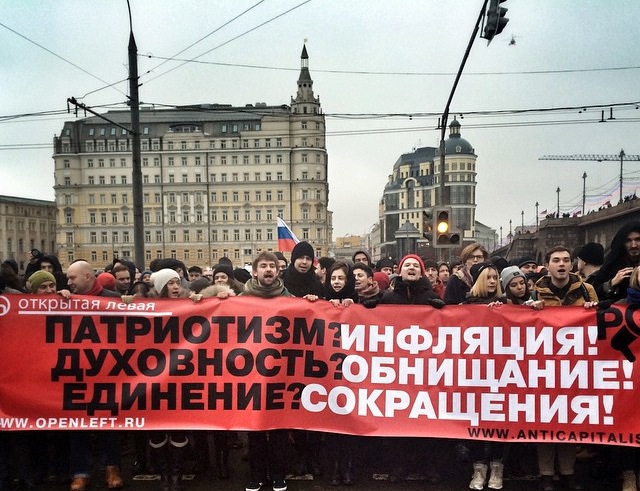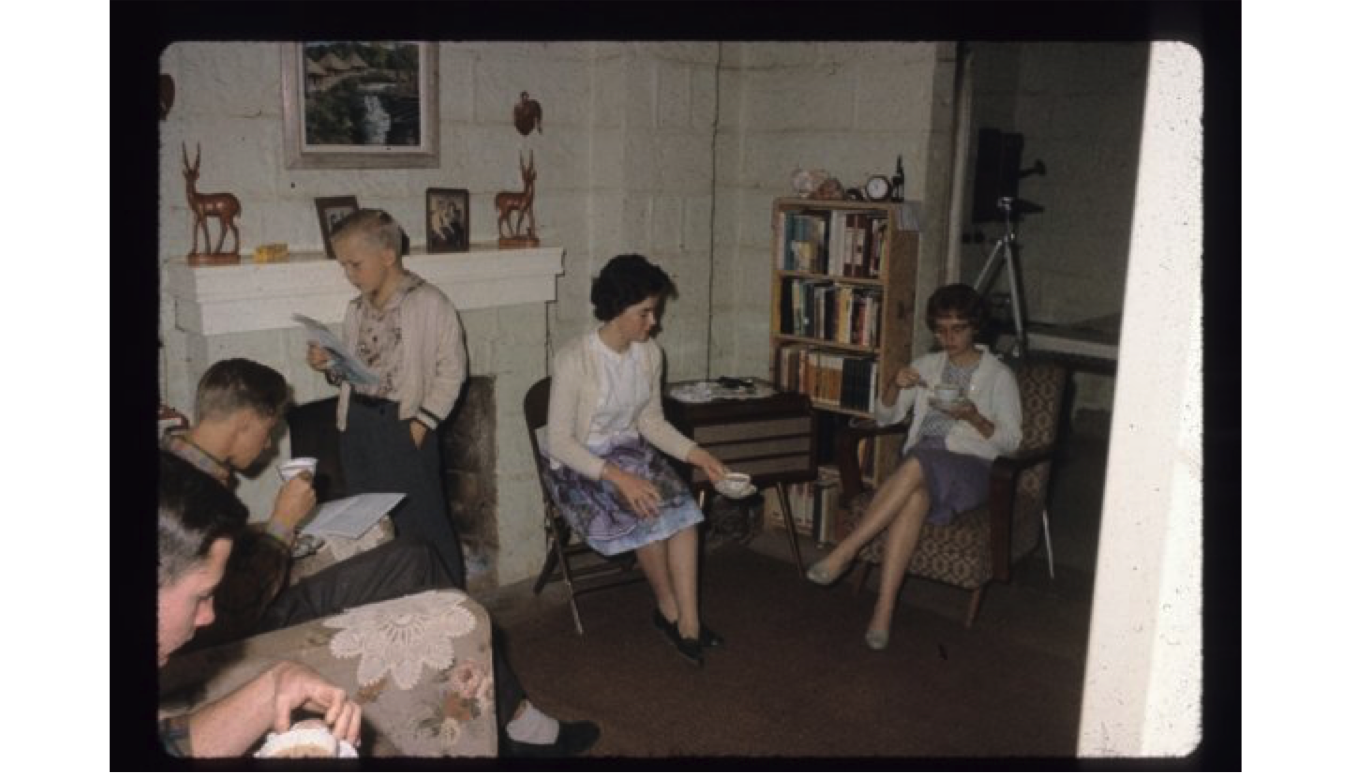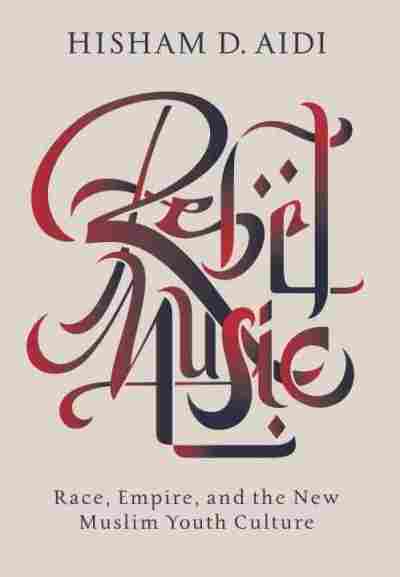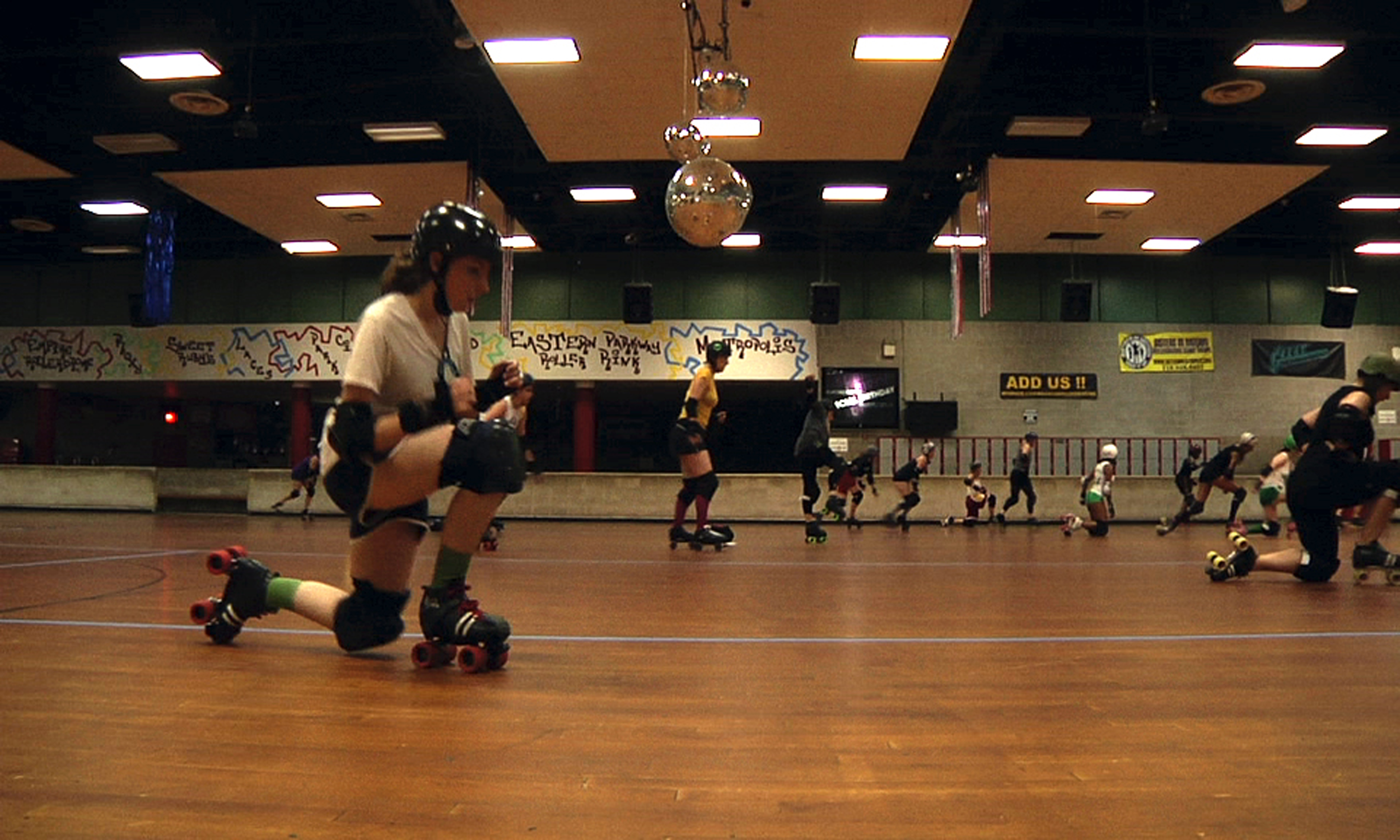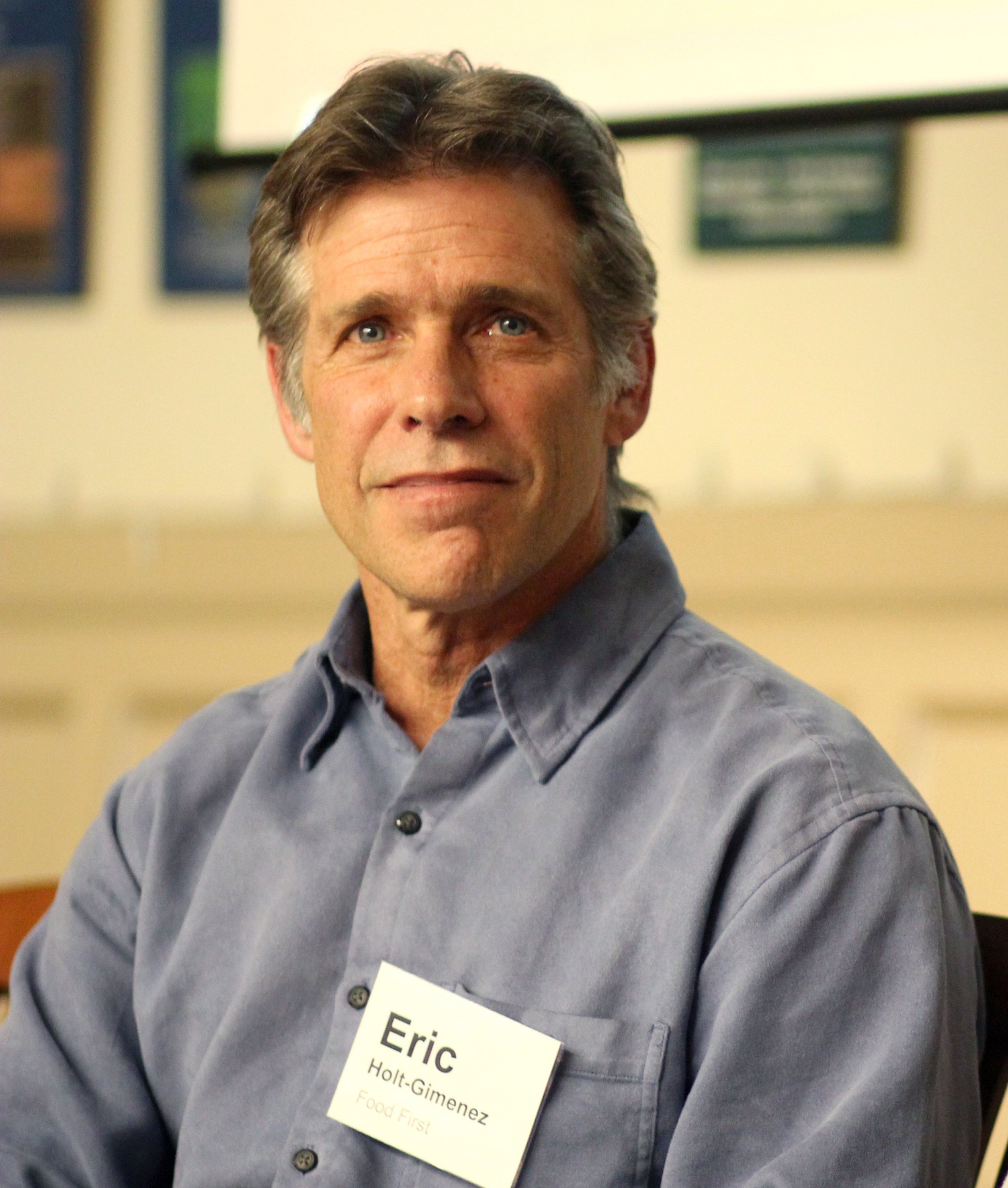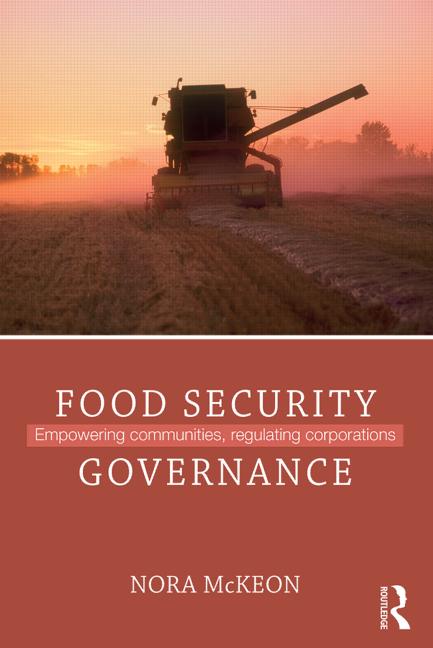FILM: “CONTRA LAS CUERDAS” (“ON THE ROPES”): Documentary on Cuban society and race, and discussion with filmmaker Amílcar O. Cárdenas
04/21/2015
6:30 pm - 8:30 pm
room 6496
“CONTRA LAS CUERDAS” (“ON THE ROPES”): Documentary on Cuban society and race, and discussion with filmmaker Amílcar O. Cárdenas.
April 21, 2015
6:30p – 8:30p
Room 6496
For decades contemporary Cuban society has avoided facing one of the oldest and most sensitive issues -racial discrimination-.From 1962, less than three years after the beginning of the Cuban revolution, racial problems on the island were deemed officially resolved. For the following almost forty years a period of silence concerning racism masked nationwide reality. During the early 1960 ́s Cuba was wholly focused on fighting anti-revolutionary forces and on maintaining national unity. The issue of racism was stigmatized and removed from public and academic debate, thus becoming taboo. This situation did nothing but advance what it intended to silence. Today, more than a decade after breaking that silence, diverse groups and individuals – black, white, mestizo, Cuban and foreign- are now, even more strongly, re-opening the debate. From within their respective disciplines and perspectives, racial debate on the island is firmly back on the agenda although it remains insufficiently public or institutional.
These individuals are the protagonists of this story, which addresses, in depth, the racial problem in Cuba; a topic that has been barely touched upon in documentary production on the island. They openly name and condemn racism whilst suggesting constructive ways forward. They expose the challenges in the present fight against racial discrimination and place this debate within the context of a radical revolution; where, at its beginning, black people found a significant space -of historical recognition and social legitimization- both nationally and internationally.
Contra las Cuerdas endeavors to show the virtually unknown work of these activists, community leaders, teachers, professionals, writers and artists in the fight to combat discrimination and racism. These groups and individuals are creating their own spaces, with their own alternative initiatives, contrary to persisting institutional resistance.
From this eclectic perspective, this documentary seeks to help us understand the magnitude and complexities of the racial problem in contemporary Cuban society. In a period of clear national transition, which will certainly determine the future of the island, Contra las Cuerdas will hopefully provoke new debate, bringing to public attention the particular case of Cuba and the groups and individuals who are tirelessly working to transform their society.
Amílcar O. Cárdenas is a graduate of the Instituto Superior de Arte (ISA) in Audiovisual Studies. Has worked extensively in television and music video making.
Sponsored by the Center for Place, Culture and Politics.
This event is open and free to the public.
GREECE: AUSTERITY OR BUST? Kostas Vergopoulos and David Harvey in Discussion
04/20/2015
6:00 pm - 8:00 pm
Martin E. Segal Theatre
GREECE: AUSTERITY OR BUST? Kostas Vergopoulos and David Harvey in Discussion, moderated by Michael Pelias.
April 20th
Segal Theater
6-8pm
(Space in the Segal theater is is limited to 70 seats. Admission is first come, first serve. Livestream viewing (40 seats) will be available in room 5318.05).
To view LIVESTREAM: Go to videostreaming.gc.cuny.edu and click on the link in the “Live Videos” box on the upper right hand side of the page.
Reception to follow in room 5318 (ARC lounge)
With the recent election of Syriza and the formation of a new government, Greeks have declared they will not tolerate more austerity. But they cannot get relief without help from the other countries within the Eurozone. The only other option is to leave the Euro. Help seems not to be forthcoming. Talk of a Grexit (as it is called) is increasing. What are Greece’s prospects now? And what might the global implications be of the momentous choices to be made in the next few months?
Kostas Vergopoulos is a founding member of Syriza, and Professor of Political Economy at the University of Paris VIII. His many books include the foundational works “The Agrarian Question in Greece” and (with Samir Amin) “The Peasant Question and Capitalism” as well as the more recent “The Love of Wealth: Money, Power, and Corruption in Greece”, “After the End: The Economy of the Catastrophe and the Next Day” and “The Incongruous Relation: Greece-Europe”.
David Harvey is Distinguished Professor of Anthropology and Geography, and Director of Research at the Center for Place Culture and Politics, at the City University of New York (CUNY) and author of various books, articles, and lectures. He is the author of Seventeen Contradictions and the End of Capitalism (Profile Books, 2014), one of The Guardian’s (http://www.guardian.co.uk/books/2011/dec/02/books-christmas-presents-economics-reviews“) Best Books of 2011, The Enigma of Capital and the Crises of Capitalism (Oxford University Press, 2010). Other books include A Companion to Marx’s Capital, Limits to Capital, and Social Justice and the City. Professor Harvey has been teaching Karl Marx’s Capital for nearly 40 years. His lectures on Marx’s Volumes I and II are available for download (free) on his website. He was director of the Center for Place, Culture and Politics from 2008-2014.
Michael Pelias is a member of the Philosophy department as well as a member of the executive committee of the faculty union at LIU Brooklyn. He is the co-managing editor of and contributor to the journal, Situations: Project of the Radical Imagination and a co-founder of the Institute for the Radical Imagination, an alternative education and thinking institute. He works on the history of Materialism in the light of post-structuralist thought and the active synthesis of libidinal and political economy in the era of financialization.
This event is free and open to the public. It is Cosponsored by the Center for Place Culture and Politics, and the Advanced Research Collaborative, Graduate Center, CUNY.
Film Screening: Ecumenopolis: City Without Limits
04/16/2015
7:00 pm
Skylight Conference Room, 9th Floor
Ecumenopolis: City Without Limits NOTE CHANGE IN LOCATION!
Ekümenopolis tells the story of Istanbul on a neo-liberal course to destruction. It follows the story of a migrant family from the demolition of their neighborhood to their on-going struggle for housing rights. The film takes a look at the city on a macro level and through the eyes of experts, going from the tops of mushrooming skyscrapers to the depths of the railway tunnel under the Bosphorous strait; from the historic neighborhoods in the south to the forests in the north. It’s an Istanbul going from 15 million to 30 million. It’s an Istanbul going from 2 million cars to 8 million. It’s the Istanbul of the future that will soon engulf the entire region. It’s an Istanbul you have never seen before.
The screening will be followed by a discussion and Q&A with filmmaker Imre Azem, CUNY scholar Duygu Parmaksizoglu (Anthropology), and will be moderated by CUNY scholar Joshua Scannell (Sociology).
April 16
7:00 p.m.
LOCATION CHANGED! The film will no longer be in the Doctoral Students’ Council Lounge (Room 5414), but the Skylight Conference Room, 9th floor
The Russian Left after Maidan; Ilya Budraitskis in conversation
04/13/2015
6:00 pm - 8:00 pm
Sociology Lounge, Room 6112
6-8PM
Monday April 13th
Sociology Lounge, room 6112
The Russian leftist scene faced a serious challenge with the start of the conflict in Ukraine. Some part of it in fact takes the side of “its own government,” focusing their activities on help for the “peoples’ republics” in Eastern Ukraine. Another part criticizes Russian imperialist intervention and the “national unity” politics inside the country. Despite of these differences, which sometimes prevent any personal or political contacts with each other, the Russian left as a whole has become a victim of the increasing repressive policy of the regime and patriotic hysteria in society.
Ilya Budraitskis is a historian, curator and activist. He is a member of editorial board of the Moscow Art Magazine, OpenLeft and LeftEast. Budraitsikis co-edited (with Ekaterina Degot and Marta Dziewanska) and contributed to the book Post-post-Soviet? Art, Politics and Society in Russia in the Turn of the Decade (Chicago University Press, 2013) and is the co-editor (with Arseniy Zhilyaev) and contributor of Pedagogical Poem (Marsilio Editori, 2014).
This event is free and open to the public.
Cosponsored by Center for Place, Culture and Politics, Graduate Center, CUNY and LeftEast.
Congo Crisis: US Evangelicals, Congolese Christians, and the Politics of Race and Decolonization, 1960-64
04/01/2015
12:30 pm - 2:00 pm
Room 5307, CUNY Graduate Center
Join us for a talk by Melani McAlister, Chair, Department of American Studies Associate Professor of American Studies, International Affairs, and Media & Public Affairs.
In the early 1960s, Congo was in crisis. As the newly independent nation’s first prime minister was assassinated and violence wracked the country, a white American evangelical missionary was murdered in the streets of the capital city. The story of his death became national news, and US evangelicals, white and black, struggled to understand the politics of race, religion, and revolution that led to his death. Drawing on letters, the internal documents of missionary organizations, popular media, and evangelical publications, McAlister explores the sometimes conflicting ways that American missionaries, US Christians, Congolese Christians, ad US policy makers tried to understand the ongoing transformations in Africa – changes that would dramatically impact US foreign policy as well as the global religious landscape of Christianity.
Melani McAlister specializes in the multiple “global visions” produced by and for Americans. In her writing and teaching, she focuses on the ways in which cultural and political history intersect, and on the role of religion and culture in shaping US “interests” in other parts of the world. Her own interests include nationalism and transnationalism, religion and culture, the rhetoric of foreign policy, and media history (including television, film, print, and digital). She is the author of Epic Encounters: Culture, Media, and U.S. Interests in the Middle East since 1945 (rev. ed. 2005, orig. 2001), and the co-editor, with R. Marie Griffith, of Religion and Politics in the Contemporary United States (2008).
This event is sponsored by Committee for the Study of Religion, Committee on Globalization and Social Change, Center for Place, Culture, and Politics.
Book Talk: Rebel Music: Race, Empire, and the New Muslim Youth Culture
03/30/2015
6:30 pm - 8:30 pm
Room 6304.01
Rebel Music: Race, Empire, and the New Muslim Youth Culture (Pantheon 2014) focuses at the connection between music and political activism among Muslim youth around the world. Aidi analyzes how hip-hop, jazz, and reggae, along with Andalusian and Gnawa music, have become a means of building community and expressing protest in the face of the West’s policies in the War on Terror. Hisham Aidi interviews musicians and activists, and reports from music festivals and concerts in the United States, Europe, North Africa, and South America, to produce an up-close sense of the identities and art forms of urban Muslim youth.
Monday, March 30, 2015
6.30-8.30 p.m.
Room 6304.24
The Graduate Center, CUNY.
Hisham D Aidi is a lecturer at the School of International and Public Affairs and the Institute of African Affairs at Columbia University. He is a journalist for various outlets including The Atlantic, Foreign Affairs, Al Jazeera and Salon.
Prof. Jonathan Shannon (Anthropology, Hunter College and Graduate Center, CUNY) will be the discussant.
Sponsored by the Middle Eastern and Middle Eastern American Center and the Center for Place Culture and Politics.
This event is open and free to the public.
Film Screening: The Rink
03/26/2015
7:00 pm
Martin E. Segal Theatre
The Rink
Branch Brook Park Roller Rink, located in Newark, NJ, is one of the few remaining urban rinks of its kind. This concrete structure is nestled in a public park bordered by public housing and a highway. Upon first glance, the exterior resembles a fallout shelter; however, the streamers and lights of the interior are reminiscent of 1970s roller discos. This 55 minute documentary depicts a space cherished by skaters and a city struggling to move beyond its past and forge a new narrative amidst contemporary social issues.
The screening will be followed by a discussion and Q&A with filmmakers Sarah Friedland and Ryan Joseph, Graduate Center alumni CalvinJohn Smiley, and will be moderated by CUNY scholar Brenden Beck (Sociology).
March 26
7:00 pm
Martin E. Segal Theatre
Dismantling Racism in the Food System
03/18/2015
6:00 pm - 8:00 pm
Room 9206/9207
A talk by Eric Holt-Giménez and discussion led by Marc Edelman and Karen Washington
This event will be LIVESTREAMED: Go to videostreaming.gc.cuny.edu and click on the link in the “Live Videos” box on the upper right hand side of the page.
Today’s food system has been shaped by the privatization of public goods and the deregulation of corporate capital, leading to the highest levels of global inequality in economic history. The staggering social and environmental costs of this transition have hit people of color the hardest; paring back health, education and welfare functions of government and crippling our capacity to respond to these problems by destroying much of the public sphere. Our communities have been weakened, exacerbating the violence, intensifying racial tensions and deepening cultural divides. In many ways the community food movement, with its projects for a fair, sustainable, healthy food system is rebuilding our public sphere from the ground up. But we can’t rebuild the public sphere without addressing the issues which divide us. For many communities this means addressing racism. Understanding where and how racism manifests itself in the food system, recognizing it within our movement and our organizations and within ourselves is not extra work for an equitable food system; it is the work.
Eric Holt-Giménez has been Executive Director of Food First since 2006. He is the editor of the Food First book Food Movements Unite! Strategies to Transform Our Food Systems; co-author of Food Rebellions! Crisis and the Hunger for Justice with Raj Patel and Annie Shattuck; and author of the book Campesino a Campesino: Voices from Latin America’s Farmer to Farmer Movement for Sustainable Agriculture and of many academic, magazine and news articles. Of Basque and Puerto Rican heritage, Eric grew up milking cows and pitching hay in Point Reyes, CA, where he learned that putting food on the table is hard work. After studying rural education and biology at the University of Oregon and Evergreen State College, he traveled through Mexico and Central America, where he was drawn to the simple life of small-scale farmers.
Marc Edelman’s research and writing have focused on agrarian issues, social movements, and a variety of Latin American topics, including the historical roots of nationalism and contemporary politics. Most of his work has dealt with changing land tenure and land use patterns, production systems, rural class relations, and social movements in Central America. He has a longstanding concern with understanding changing forms of capitalism and with the politics of controlling markets, whether through welfare states, civil society pressure or global trade rules. During the mid 1980s, after seeing his fieldwork zone in northern Costa Rica tragically converted into a staging area for the civil war in Nicaragua, he also carried out research in the USSR and wrote extensively on Soviet-Latin American relations.
Currently, Edelman is working on a project, supported by the National Science Foundation and the PSC-CUNY Grants Program, on the efforts of transnational agrarian movements to have the United Nations approve a declaration on the rights of peasants. He is also completing a book on peasant involvement in global civil society movements and transnational networking among small farmer organizations.
Edelman has served on the editorial boards of American Anthropologist (Book Review Editor, 2002-5), American Ethnologist (2011-), Anuario de Estudios Centroamericanos (Consejo Editorial Internacional, 2008-), Critique of Anthropology (1998-), Cuadernos de Antropología (Comité Científico, 2009-), Culture, Agriculture, Food and Environment (1995-98, 2013-), Focaal – Journal of Global and Historical Anthropology (2004-), Journal of Agrarian Change (2008-), Journal of Latin American Anthropology (1994-99), Journal of Peasant Studies (Editorial Collective, 2009-), Latin American Research Review (2000-2003), NACLA Report on the Americas (1999-2006), Revue TRACE [Travaux et Recherches dans les Amériques du Centre] (2012-), and Studies in Comparative International Development (2005-).
Karen Washington has lived in New York City all her life, and has been a resident of the Bronx for over 26 years. Since 1985 Karen has been a community activist, striving to make the New York City a better place to live. As a community gardener and board member of the New York Botanical Gardens, Karen has worked with Bronx neighborhoods to turn empty lots into community gardens. As an advocate, she has stood up and spoken out for garden protection and preservation. As a member of the La Familia Verde Garden Coalition, she helped launched a City Farms Market, bringing garden fresh vegetables to her neighbors. Karen is a Just Food board member and Just Food Trainer, leading workshops on food growing and food justice to community gardeners all over the city. Karen is a board member and former president of the New York City Community Garden Coalition, a group that was founded to preserve community gardens. She also Co- Founded Black Urban Growers (BUGS) an organization of volunteers committed to building networks and community support for growers in both urban and rural settings. In 2012 Ebony magazine voted her one of their 100 most influential African Americans in the country. Last year she was the recipient of the 2014 James Beard Leadership Award.
Professionally Karen had been a Physical Therapist for 37years, balancing her professional life with community service. Since retiring in April, she plans on pursuing her passion for farming full time .
“To grow your own food gives you power and dignity. You know exactly what you’re eating because you grew it. It’s good, it’s nourishing and you did this for yourself, your family and your community.” Karen Washington
Cosponsored by the Center for Place, Culture and Politics, and the Advanced Research Consortium, Graduate Center, CUNY.
This event is open and free to the public
“Private Capital for Public Good”: Social Impact Bonds and the New Market-Based ‘Public Responsibility’ Initiatives
03/10/2015
6:00 pm - 8:00 pm
Sociology Lounge, Room 6112
Presentation by Robert Ogman, Doctoral Researcher at De Montfort University (U.K.)
March 10, 2015
6:00 to 8:00 p.m.
Sociology Lounge, Graduate Center, CUNY.
This presentation focuses on Social Impact Bonds (SIBs) as part of an emerging crisis governance strategy. Against many expectations, post-2008 developments did not follow a “postneoliberal” trajectory (Brand and Sekler 2009), but rather deepened modes of market governance through the policies of fiscal austerity (Peck 2012) and the associated insulation of public authority in a “post-democracy” (Jessop 2013; Crouch 2011). However, this has exacerbated the social crisis and further eroded political legitimacy. As a result, we’re witnessing the growth of policy focused on “social impact” and “public responsibility”, yet, not through the roll-back of markets, but through the development of a “social investment market”. This presentation focuses on a critical example of this, the “Social Impact Bond” (SIB), as a “new [initiative] of ‘public responsibility’ within market modes of governance” (Sprague 2010).
Introduced in 2010, more than 100 SIBs now exist across the globe, concentrated mostly in the U.S. and U.K. These promise to “blend fiscal and social returns” through a financial product based on the performance of targeted social policy interventions. In times of austerity, these claim to leverage private capital for public good, by offering private returns to investors when programs effectively lower levels of recidivism, unemployment, homelessness, and hence lower government expenditures.
This presentation takes a Cultural Political Economy approach (Sum and Jessop 2014) to situate SIBs within the processes by which hegemony is restored and reshaped. I will describe therefore both institutional structure of this policy instrument and its associated discursive repertoire, and consider its broader political significance as a crisis governance strategy. SIBs will be situated as part of a “hegemony project” (Kannankulam and Georgi 2014) that explicitly responds to the problems of “trickle-down economics”, yet which simultaneously rejects a politics of redistribution and decommodification. My presentation will therefore focus on how SIBs construct “crisis narratives” and “imagined recoveries” (Sum and Jessop 2014), and shape and limit the institutional “corridors” for political action (Brand 2014).
Robert Ogman is a doctoral researcher at the Department of Politics and Public Policy at De Montfort University (Leicester, U.K.), where he focuses on Social Impact Bonds as part of an emerging crisis governance strategy in the U.K. and U.S. He previously focused on social movement responses to the crisis, and published a study for the Rosa Luxemburg Foundation (Berlin), “The U.S. Occupy Movement – Since the Eviction from the Squares” (http://www.rosalux.de/publication/40331/the-us-occupy-movement-since-the-eviction-from-the-squares.html). He received his MA in Political Science from The University of Potsdam, and his BA from The New School. Originally from the U.S., he now resides in Berlin, Germany.
Food Security Governance: Empowering Communities, Regulating Corporations
03/10/2015
5:00 pm - 6:30 pm
Skylight Conference Room, 9th Floor
The University Food Policy Collaborative of New York City presents
A panel discussion celebrating the release of a new book by Nora McKeon:
Food Security Governance: Empowering Communities, Regulating Corporations
Today’s global food system generates hunger alongside of land grabs, food waste, health problems, massive greenhouse gas emissions. Nora McKeon’s just-released book explains why we find ourselves in this situation and explores what we can do to change it. In her talk she will contrast how actors link up in corporate global food chains and in the local food systems that are considered to be “alternative” but in fact feed most of the world’s population. She will describe how communities around the world are protecting their access to resources and building better ways of food provision and discuss how the Committee on World Food Security – a uniquely inclusive global policy forum since its reform in 2009 – could be supportive of these efforts. The talk will conclude with a call to blow the whistle on predatory capitalism by building effective public policy instruments for accountable governance and extending their authority to the realm of regulating markets and corporations.
March 10, 2015
5:00-6:30 PM
Skylight Conference Room 9th Floor
Graduate Center, CUNY.
Respondents will include:
Thomas Forster, New School Food Studies, Post 2015 Food and Agriculture Cluster
Saulo Araujo, Director of the Global Movements Program at WhyHunger
Moderated by Nicholas Freudenberg, Distinguished Professor of Public Health, CUNY School of Public Health & Hunter College, and Faculty Director, NYC Food Policy Center at Hunter College
For more information and to order Food Security Governance: Empowering communities, regulating corporations, please visit: www.routledge.com/9780415529105
*To activate your 20% discount, visit the book’s page and simply enter the code LRK69 at check-out. This applies only to books purchased on the website and cannot be used in conjunction with any other offer.
About the author:
Following studies at Harvard and the Sorbonne and a career at the Food and Agriculture Organization of the United Nations, Nora McKeon is now engaged in teaching, writing and advocacy on food issues and social movements
The University Food Policy Collaborative of New York City is a network of food policy focused-faculty, students and staff from learning institutions city-wide, including CUNY, Teacher’s College, Columbia University, NYU and The New School.
Please RSVP here https://www.eventbrite.com/e/food-security-governance-empowering-communities-regulating-corporations-tickets-15672373491

